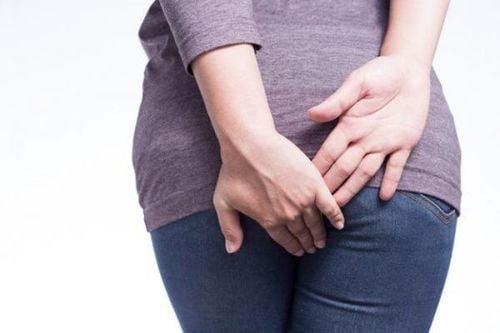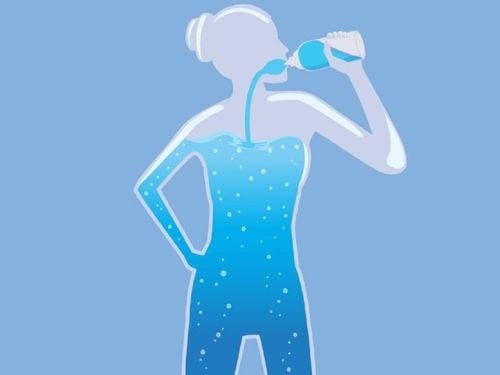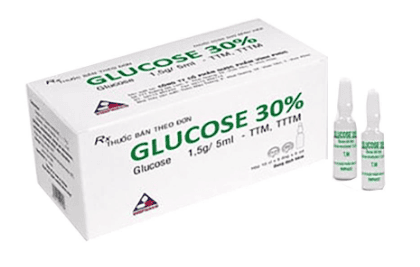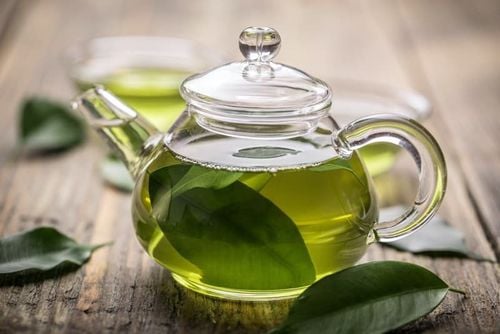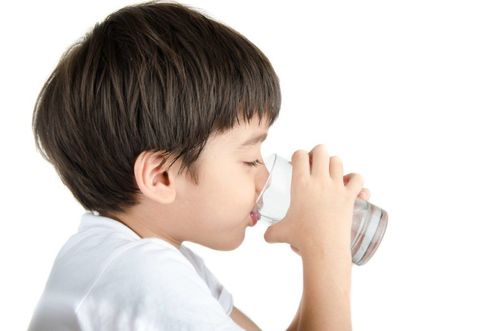This is an automatically translated article.
Article written by Pharmacist Dinh Thi My Hanh - Faculty of Pharmacy - Vinmec Central Park International Hospital
The body is about 60% water. The body is constantly losing water mainly through urine and sweat. So to prevent dehydration, you need to drink enough water The US National Institutes of Health (NIH) usually recommends drinking 8 glasses with a volume of 8 ounces / glass, equivalent to about 2 liters per day.
This is called the 8×8 rule and is easy to remember. However, some health experts say that you need to drink water continuously throughout the day, even if you are not thirsty, but this depends on the needs of each person's body. There are many objective and subjective factors that affect your water needs.
1. What happens to the body if it is dehydrated?
A study in women found that 1.36% fluid loss after exercise impaired mood and concentration and increased headache frequency. Other studies show that mild dehydration (1–3% of body weight) from exercise or heat can harm brain function. Mild dehydration can also negatively affect physical performance, leading to reduced endurance.
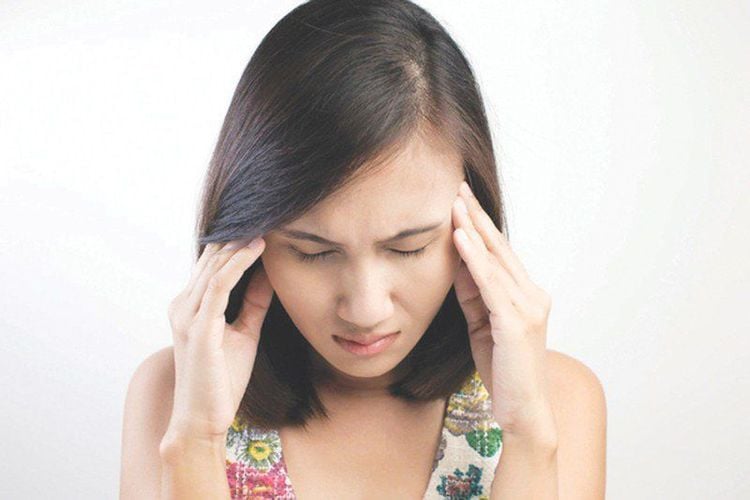
Tình trạng đau đầu có thể xảy ra khi cơ thể phụ nữ mất nước
2. Benefits of adding enough water to the body
Remember that just 1% of body weight is a pretty big amount. This mainly happens when you sweat a lot. Mild dehydration from exercise or heat can have a negative impact on your physical and mental performance.
Drinking water can slightly, temporarily increase metabolism, and drinking about half an hour before each meal can cause you to automatically eat fewer calories. Both of these effects contribute to weight loss. Researchers estimate that drinking 2 liters of water a day increases energy expenditure by about 96 calories per day. Also, drinking cold water can be beneficial because your body will need to expend more calories to heat the water to body temperature.
Drinking water about half an hour before a meal can also reduce the number of calories you consume, especially in older people. One study showed that dieters who drank 500ml of water before each meal lost 44% more weight in 12 weeks than those who didn't. Furthermore, drinking enough water has several other health benefits such as:
Constipation : Increasing water intake may help relieve constipation Cancer : Some studies show that people who drink more water have an increased risk of cancer lower rates of bladder and colorectal cancer, although other studies have not demonstrated this effect Kidney stones : Drinking more water may reduce the risk of kidney stones Acne treatment and skin moisturizer : There are many Unofficial reports on how water can help hydrate skin and reduce acne. To date, there are no studies to confirm or disprove this. Water is not the only drink that contributes to fluid balance in the body. Drinks and other water-containing foods can also have a significant effect.
Most foods contain a lot of water. Meat, fish, eggs and especially vegetables all contain significant amounts of water. Another myth is that drinks containing caffeine, such as coffee or tea, do not help your body retain water because caffeine is a diuretic. In fact, studies show that the diuretic effects of these drinks are very weak.
Maintaining water balance in your body is essential for your survival. For this reason, the body has a sophisticated system for regulating when and how much water to drink. When your total water intake falls below a certain level, thirst sets in. This is controlled by the same mechanisms as breathing - you don't have to consciously think about thirst.
For most people, there's probably no need to worry about the amount of water. The thirst instinct is very reliable. However, there are certain situations where increased attention should be paid to drinking water, especially during periods of increased sweating such as exercise and hot weather, especially in dry climates.
If you sweat a lot, make sure to replenish the lost water. Athletes who do high-intensity, prolonged exercise may also need to replenish electrolytes along with water. The body's need for water also increases during lactation, as well as some disease states such as vomiting and diarrhea.
Furthermore, elderly people may need to consciously monitor their water intake as the thirst mechanism may begin to malfunction in old age.
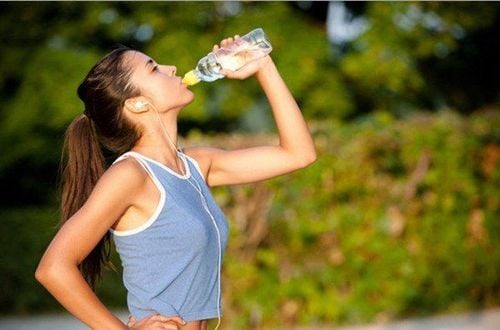
Nên bổ sung nước thường xuyên một cách khoa học
3. So, how much water is best to drink?
No one can tell you exactly how much water you need. This depends on the individual. Experiment to see what works best for your body. Some people may function better by drinking more water than usual, while for others this just leads to more frequent bowel movements.
For simplicity, these principles will apply to most people:
When you are thirsty, drink. When you are no longer thirsty, stop. During periods of high temperatures and exercise, make sure to drink enough water to replace lost fluids.
Please dial HOTLINE for more information or register for an appointment HERE. Download MyVinmec app to make appointments faster and to manage your bookings easily.
References: mayoclinic.org, NCBI, healthline.com



